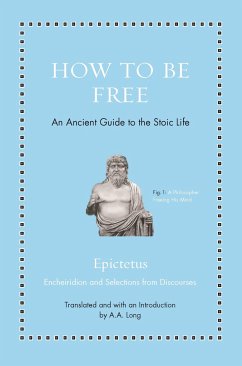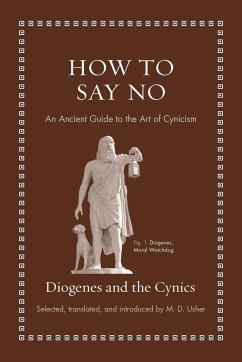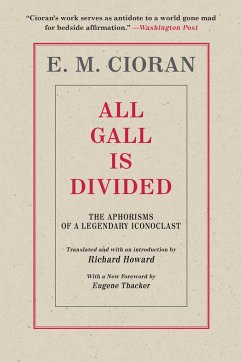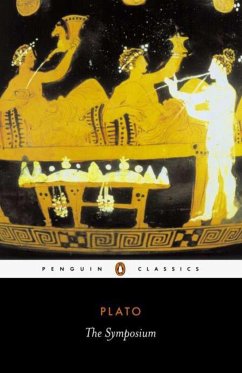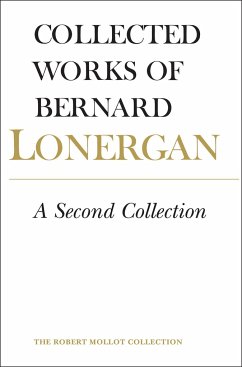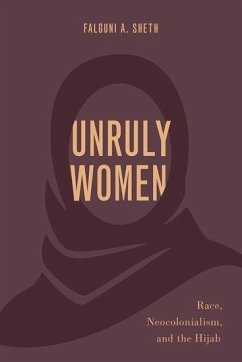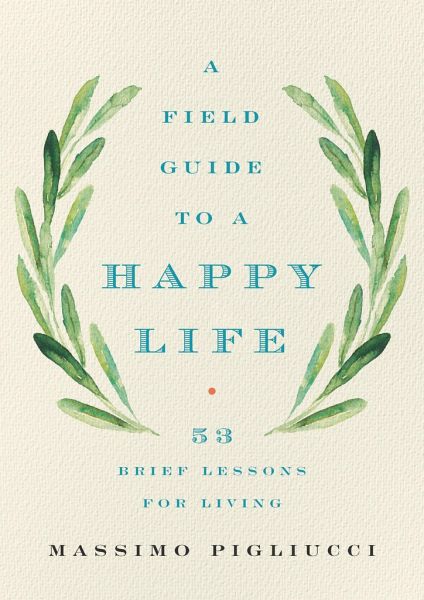
A Field Guide to a Happy Life
53 Brief Lessons for Living

PAYBACK Punkte
14 °P sammeln!
"As the Modern Stoicism movement has blossomed over the past decade, its practitioners and enthusiasts have struggled with some of the movement's stranger claims. Should we really be indifferent to death of a loved one, or to our own demise? Is it truly unacceptable to care about one's work? Should we really look to nature for moral guidance? And what role does Providence have in ordering human affairs? In [this book], philosopher and Stoic Massimo Pigliucci has embarked on an ambitious task: offering his own view how the teachings of the Stoics can be adapted to modern mores and knowledge, ta...
"As the Modern Stoicism movement has blossomed over the past decade, its practitioners and enthusiasts have struggled with some of the movement's stranger claims. Should we really be indifferent to death of a loved one, or to our own demise? Is it truly unacceptable to care about one's work? Should we really look to nature for moral guidance? And what role does Providence have in ordering human affairs? In [this book], philosopher and Stoic Massimo Pigliucci has embarked on an ambitious task: offering his own view how the teachings of the Stoics can be adapted to modern mores and knowledge, taking as his inspiration the classic epitome of ancient Stoicism, Epictetus' Handbook"--
Dieser Artikel kann nur an eine deutsche Lieferadresse ausgeliefert werden.




